Besides the eating of matzah, the Passover Seder is characterized by the drinking of four cups of wine. But more than 100 people attending a Seder next week in Los Angeles will not let even a drop of low-alcohol sacramental wine from passing their lips.
Such is the world of the Sober Seder, a decidedly dry rendition of the traditional Passover meal and service. At L.A.'s Westside JCC, Seder participants – almost all of them recovering from some type of addiction – will substitute grape juice for wine.
Rabbi Mendel Cohen, whose Friedman Chabad Center and Shul is co-sponsoring the annual Sober Seder with Chabad-Lubavitch of the West Coast, stressed that those who are able at their own Seders to use actual wine should do so because of the festive nature of the holiday. Alcoholics and people dealing with other addictions, however, have no such luxury. For them, the next sip could represent falling back into the pit of dependency, he said.
"I especially appreciate that we have all escaped the same disaster of alcohol and addiction," said Shelly Komtel, 58, who together with her husband has been sober for 18 years and two months.
She attended last year's Sober Seder and was looking forward to this year's event, scheduled for Sunday, April 20, the second night of Passover.
Cohen, who coordinated sober Purim and Rosh Hashanah celebrations this past year, said that the Seder will be just like any other, but without alcohol. The gathering, though, is like a support group for many people.
"It feels similar to a regular Seder," he explained. "But it has the spirit of recovery.

Komtel was grateful that she can once again keep Jewish traditions.
"We are in awe of what G‑d has done for us," said Komtel. "As a result of my drinking, I was separated from G‑d and my family.
But, "I have come full circle back to Judaism," she added. Cohen "finds things to give us hope."
Alcohol-free Seders will also be celebrated at Chabad-Lubavitch centers in Boca Raton, Fla., and White Lake, Mich.














Join the Discussion